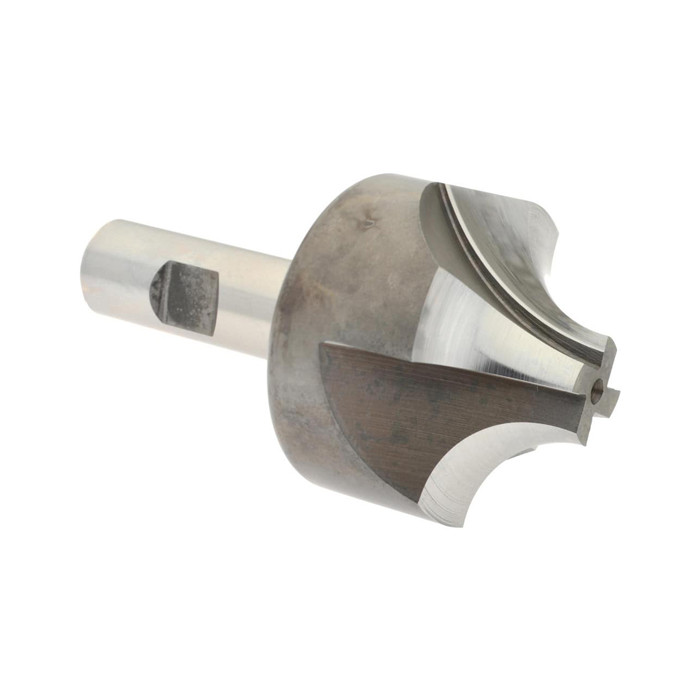boring bar set Factories
Looking for reliable boring bar set factories? This guide explores key aspects to consider when choosing a manufacturer, covering material selection, precision, application types, and factors influencing pricing. We delve into the manufacturing process, quality control, and essential after-sales support, ensuring you make an informed decision. Learn how to identify top-tier factories capable of delivering high-performance boring bar set solutions tailored to your specific needs.
Understanding Boring Bar Sets
A boring bar set is a crucial collection of tools used in machining to enlarge pre-drilled or cast holes to precise diameters. These sets typically include various sizes and types of boring bars, along with interchangeable cutting heads or inserts, allowing machinists to tackle a wide range of internal turning and boring operations.
What is a Boring Bar?
A boring bar is a rigid, cylindrical tool holder designed to hold a cutting tool. It's inserted into a hole and rotated, while the cutting tool removes material, increasing the hole's diameter. The bar's rigidity is vital for maintaining accuracy and minimizing vibration during the boring process.
Components of a Boring Bar Set
A typical boring bar set includes:
- Boring Bars: Different lengths and diameters to accommodate various hole sizes and depths.
- Cutting Heads/Inserts: Interchangeable cutting tools made from materials like carbide, high-speed steel (HSS), or ceramics.
- Clamping Systems: Mechanisms for securely holding the cutting heads or inserts in place (e.g., screw clamps, wedge clamps).
- Accessories: Wrenches, shims, and adjustment tools.
Key Considerations When Choosing a Boring Bar Set Factory
Selecting the right boring bar set factory is essential for obtaining high-quality tools that meet your specific requirements. Here are some key factors to consider:
Material Selection
The materials used in manufacturing boring bars significantly impact their performance and lifespan. Common materials include:
- Steel: Offers good strength and rigidity, suitable for general-purpose boring.
- Carbide: Provides exceptional hardness and wear resistance, ideal for machining abrasive materials and high-speed operations.
- Heavy Metal Alloys (e.g., Tungsten Carbide): Offer superior vibration damping and stiffness, crucial for deep hole boring and minimizing chatter.
Always check the material certifications provided by the boring bar set factories.
Precision and Tolerances
High-precision manufacturing is critical for boring bars to ensure accurate hole dimensions and surface finishes. Look for factories that adhere to stringent quality control standards and utilize advanced machining equipment, such as CNC machines and precision grinding equipment.
Application Types
Consider the specific applications for which you need the boring bar sets. Different applications may require different types of boring bars, such as:
- Standard Boring Bars: For general-purpose boring operations.
- Anti-Vibration Boring Bars: Designed to minimize vibration in deep hole boring applications.
- Micro Boring Bars: For precision boring of small holes.
Boring Bar Set Sizes and Range
Ensure the boring bar set factories can offer the required sizes and ranges. Consider the smallest and largest hole diameters you typically work with. A wide range of sizes within a set offers greater versatility.
Manufacturing Capabilities and Capacity
Assess the boring bar set factory's manufacturing capabilities and capacity to ensure they can meet your production volume and delivery requirements. Inquire about their equipment, processes, and quality control procedures.
The Manufacturing Process: From Raw Material to Finished Product
Understanding the manufacturing process can provide valuable insights into the quality and reliability of the boring bar sets.
Raw Material Sourcing and Preparation
Reputable boring bar set factories source high-quality raw materials from trusted suppliers. The materials undergo rigorous inspection and preparation processes, such as cutting, forging, or casting, to achieve the desired shape and dimensions.
Machining and Grinding
Precision machining and grinding operations are performed using CNC machines and other advanced equipment to ensure accurate dimensions, smooth surfaces, and tight tolerances. These processes are crucial for achieving the desired performance and lifespan of the boring bars.
Heat Treatment
Heat treatment processes, such as hardening and tempering, are often applied to enhance the strength, hardness, and wear resistance of the boring bars. The specific heat treatment parameters depend on the material and application requirements.
Coating and Finishing
Coatings, such as titanium nitride (TiN) or titanium aluminum nitride (TiAlN), can be applied to improve the surface hardness, wear resistance, and cutting performance of the boring bars. Finishing processes, such as polishing, can further enhance the surface quality and reduce friction.
Quality Control and Testing
Rigorous quality control and testing procedures are essential for ensuring that boring bar sets meet the required standards and specifications.
Material Inspection
Raw materials are inspected to verify their composition, hardness, and other properties. This helps to ensure that the materials meet the specified requirements and are free from defects.
Dimensional Inspection
Dimensional inspection is performed using precision measuring instruments, such as micrometers, calipers, and coordinate measuring machines (CMMs), to verify that the dimensions of the boring bars and cutting heads meet the specified tolerances.
Performance Testing
Performance testing is conducted to evaluate the cutting performance, vibration damping, and wear resistance of the boring bar sets. This may involve machining test pieces under controlled conditions and measuring the resulting hole dimensions and surface finishes.
Factors Influencing Boring Bar Set Pricing
Several factors influence the pricing of boring bar sets:
- Material: Carbide boring bars are generally more expensive than steel boring bars due to the higher cost of carbide.
- Precision: High-precision boring bars require more advanced manufacturing processes and quality control procedures, resulting in higher prices.
- Size and Range: Larger boring bar sets with a wider range of sizes typically cost more than smaller sets.
- Brand Reputation: Established brands with a reputation for quality and reliability often charge premium prices.
- Quantity: Ordering larger quantities of boring bar sets may result in lower unit prices due to economies of scale.
Finding Reliable Boring Bar Set Factories
Identifying reliable boring bar set factories can be challenging, but here are some tips:
Online Research
Conduct thorough online research to identify potential suppliers. Look for factories with websites that provide detailed information about their products, manufacturing processes, and quality control procedures. Check online reviews and ratings to gauge customer satisfaction. You can search for boring bar set options at Wayleading Tools.
Industry Trade Shows
Attend industry trade shows to meet with potential suppliers in person and examine their products. Trade shows provide an excellent opportunity to network with industry professionals and learn about the latest trends and technologies.
Factory Visits
If possible, visit the boring bar set factory to assess their facilities, equipment, and quality control procedures. This will give you a better understanding of their capabilities and commitment to quality.
Requesting Samples
Request samples of boring bar sets to evaluate their quality and performance before placing a large order. This will help you to ensure that the products meet your specific requirements.
Essential After-Sales Support
After-sales support is crucial for ensuring the long-term performance and reliability of your boring bar sets.
Technical Assistance
Choose a boring bar set factory that provides technical assistance to help you select the right tools for your applications and troubleshoot any problems that may arise.
Warranty and Returns
Ensure that the factory offers a warranty on their products and has a clear returns policy in case of defects or dissatisfaction.
Maintenance and Repair Services
Inquire about maintenance and repair services to ensure that your boring bar sets can be properly maintained and repaired, extending their lifespan and maximizing their value.
Example Data Chart
Below is a sample comparison of different boring bar set material properties. Data is sourced from general material science guidelines and serves as an example. Specific values may vary depending on the exact alloy and manufacturing process.
| Material | Hardness (HRC) | Wear Resistance | Cost |
|---|---|---|---|
| Steel | 55-60 | Moderate | Low |
| Carbide | 70-90 | High | High |
| Heavy Metal Alloy | 65-75 | Moderate to High | Moderate to High |
Disclaimer: Data is approximate and for illustrative purposes only. Consult material data sheets for specific values.
Conclusion
Choosing the right boring bar set factory requires careful consideration of several factors, including material selection, precision, application types, and after-sales support. By following the guidelines outlined in this article, you can make an informed decision and obtain high-quality boring bar sets that meet your specific needs. Remember to prioritize quality and reliability to ensure optimal performance and longevity of your tooling investments.
Related products
Related products
Best selling products
Best selling products-
 Precision 7pcs Angle Blocks Set With High Quality Type
Precision 7pcs Angle Blocks Set With High Quality Type -
 Inch HSS Step Drills with Straight Flute
Inch HSS Step Drills with Straight Flute -
 HSS Metric Plain Metal Slitting Saws For Industrial
HSS Metric Plain Metal Slitting Saws For Industrial -
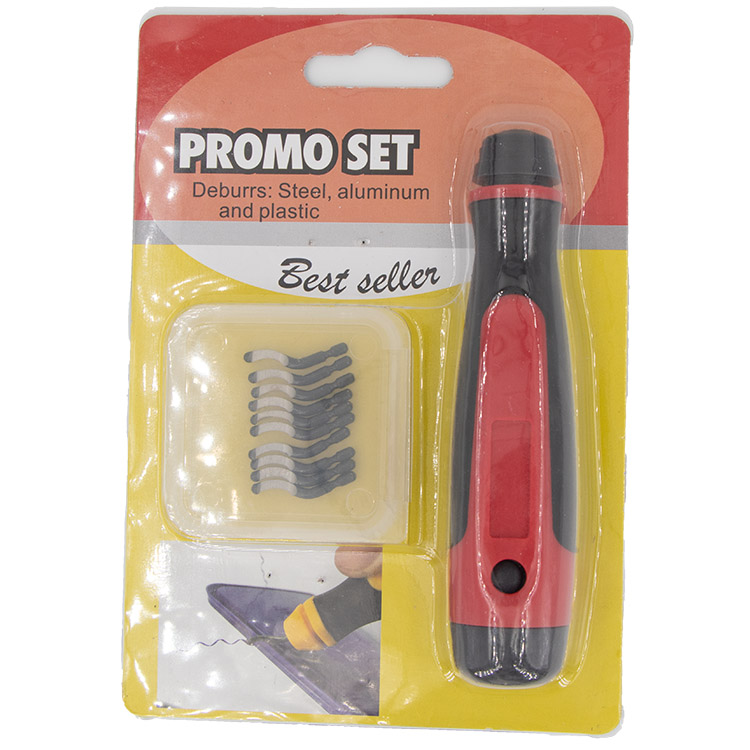 Type B Light Duty Deburring Tool Set With Deburring Holder And Deburring Blade
Type B Light Duty Deburring Tool Set With Deburring Holder And Deburring Blade -
 Precision Vernier Caliper Of Metric & Imperial For Industrial
Precision Vernier Caliper Of Metric & Imperial For Industrial -
 HSS Inch Convex Milling Cutter For Industrial
HSS Inch Convex Milling Cutter For Industrial -
 5C Hex Collet With Inch and Metric Size
5C Hex Collet With Inch and Metric Size -
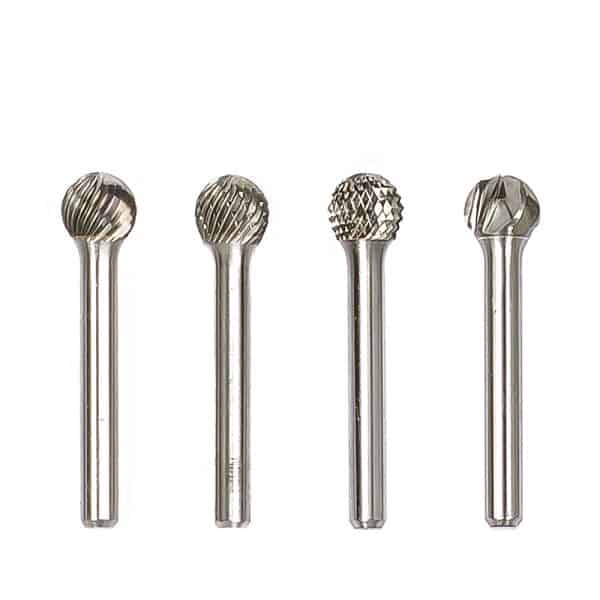 Type D Ball Tungsten Carbide Rotary Burr
Type D Ball Tungsten Carbide Rotary Burr -
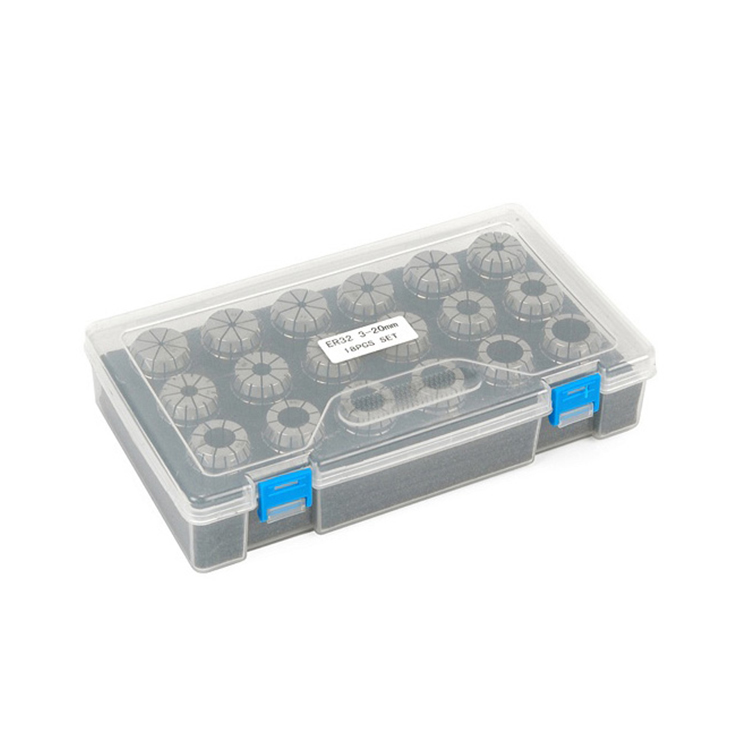 ER Collet Set With Hight Precision Milling
ER Collet Set With Hight Precision Milling -
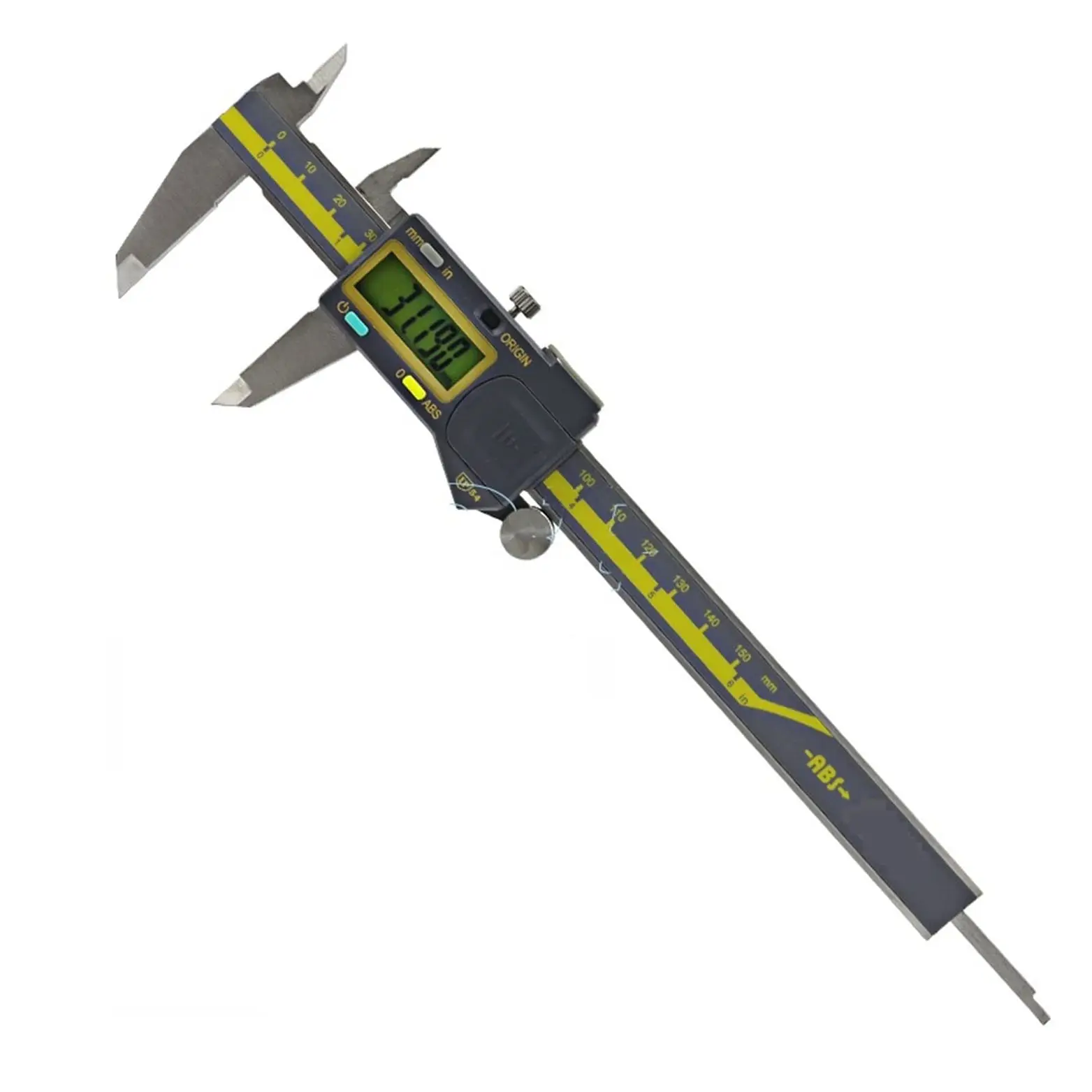 Precision IP54 Digital Caliper With Data Output For Industrial
Precision IP54 Digital Caliper With Data Output For Industrial -
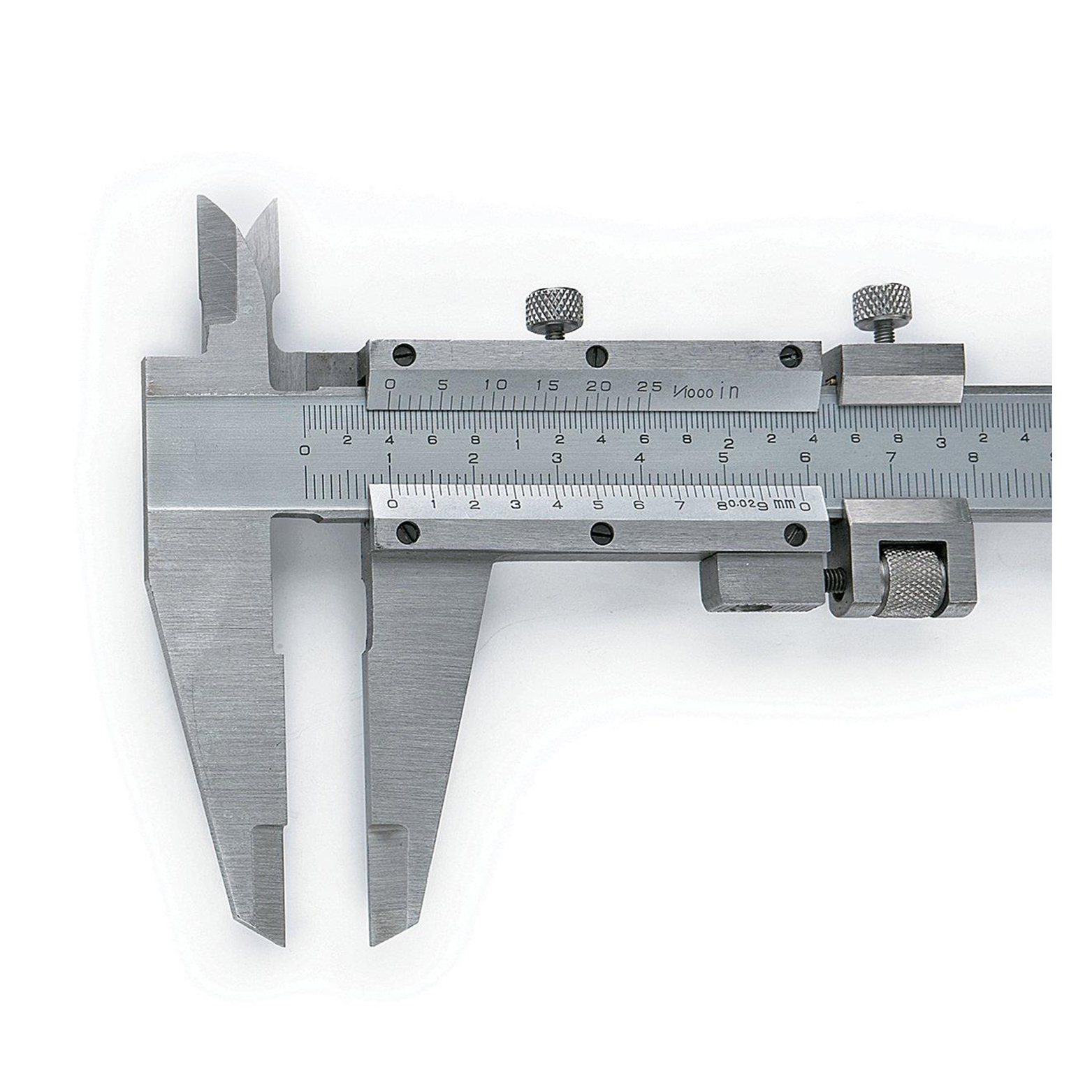 Precision Fine-Adjustment Vernier Caliper Of Metric & Imperial For Industrial
Precision Fine-Adjustment Vernier Caliper Of Metric & Imperial For Industrial -
 ANSI B94 HSS Jobber Length Drill Bits Fully Ground
ANSI B94 HSS Jobber Length Drill Bits Fully Ground





